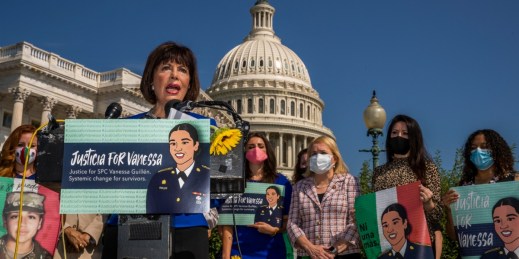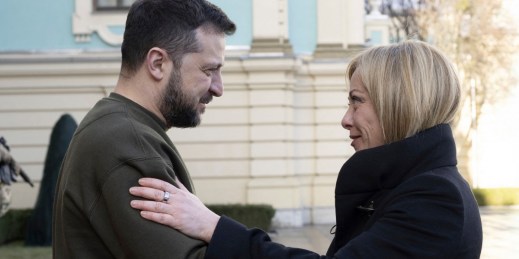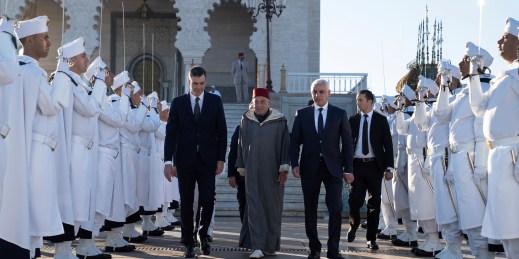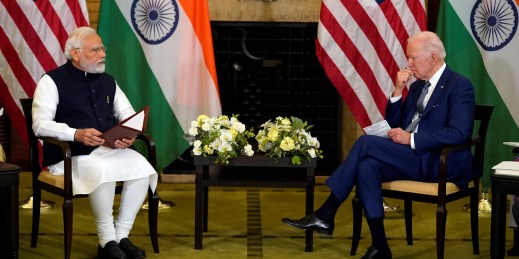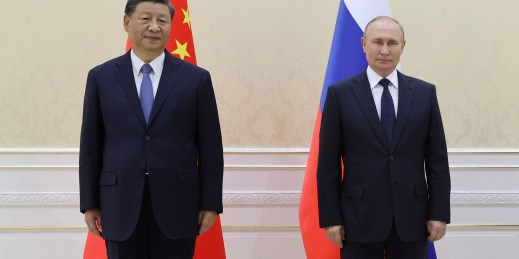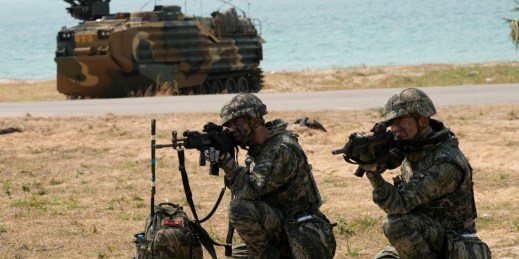
Since taking office last year, South Korean President Yoon Suk Yeol has worked to improve ties with both the U.S. and China, in part by trying to focus their energies on managing North Korea. But pressure is now mounting on Seoul to clarify where it stands in terms of its readiness to help defend Taiwan in the event of a Chinese attack.

